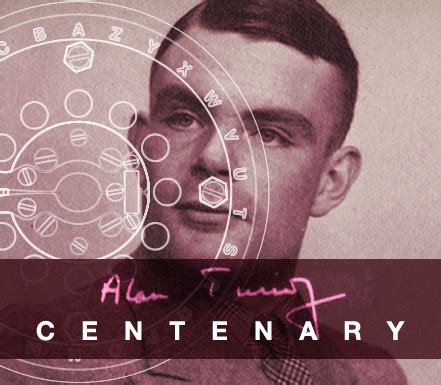The life and contributions of Alan Turing stand as one of the most powerful testaments to human ingenuity and scientific brilliance. Turing, a pioneer in computing and artificial intelligence, was instrumental in deciphering the Enigma code, which is often credited with significantly shortening World War II. Yet, despite his invaluable contributions, Turing’s life was marred by the cruel ironies of the society of his time. Convicted for homosexual acts—then considered a crime—he was subjected to chemical castration, a punishment that many argue contributed to his untimely death. His story offers a poignant reflection on the intersections of legality, morality, and justice.
In recent years, discussions around Turing’s conviction have gained significant traction. For instance, Lord McNally, the then Justice Minister, initially opined that a posthumous pardon was not appropriate, asserting that Turing was lawfully convicted based on the standards of his time. However, the public and governmental outcry led to Turing being eventually pardoned by the Queen. This shift highlights the evolving perceptions of what constitutes justice and morality. The original intent behind Turing’s prosecution might have been grounded in the era’s legal framework, but it stands in stark contrast to our current understanding of human rights and dignity. This transformation is vital for us to contemplate, as it underscores the fluid nature of morality in human societies.
Comments on the incident further shed light on the nuanced debates around legality and morality. One commentator pointed out that legality does not always align with morality. During Turing’s time, acts of homosexuality were not just illegal but also considered immoral by societal standards. Another user emphasized that countless lives were destroyed due to what we now recognize as a ‘normal variation of human sexuality,’ urging us never to forget the role of religious and societal dogma in the oppression faced by individuals like Turing. These discussions compel us to engage in deeper introspective dialogue about the persistence of similar injustices even today.
One particularly thought-provoking comment centered on the dangers of equating moral disgust with a reason to legislate. The user noted that people often base their reactions to ‘immoral’ behavior on deeply ingrained, yet potentially flawed moral systems. Such introspection challenges us to question our biases and the moral compass guiding our judgments. For instance, Turing’s case prompts us to ask how many other ‘moralistic’ laws, rooted in outdated beliefs, still dictate unjust policies. It’s a reminder that feelings of moral indignation should not inherently justify punitive measures, especially when they infringe upon personal freedoms and rights.
The debate extends to probing questions about the foundations of moral systems. Various theories and philosophies, from Immanuel Kant’s categorical imperative to John Stuart Mill’s utilitarianism, have been suggested as potential bases. However, the inherent subjectivity within moral and ethical frameworks remains a stumbling block, as one user rightly pointed out. As society continues to evolve, so do its moral foundations, leading to inevitable conflicts between contemporary standards and historical judgments. Turing’s story encapsulates this dilemma, challenging us to continuously reassess our ethical postures.
However, we must also acknowledge the complexities surrounding the enforcement of these moralistic laws. As mentioned by a commenter, Turing was not just charged for his sexual orientation but for the perceived security risks that his behavior posed. This intersection of morality with national security indicates how multifaceted such prosecutions can be. Was it truly about moral repulsion, or were there other underlying concerns at play? This gray area complicates our understanding of justice and motivates a more comprehensive examination of the criteria we use for legal and moral judgments.
In looking back at Turing’s tragic story, we uncover broader societal reflections. His contributions to computing and cryptography were groundbreaking, but his life was overshadowed by the prohibitive moral codes of his time. Importantly, Turing’s posthumous pardon highlights society’s ability to learn, adapt, and rectify past wrongs, even if symbolically. For future generations, his story remains a powerful call to action: to continue to fight for justice, challenge moralistic oppressions, and strive towards a society that does not repeat the mistakes of its past. Turing’s genius lay not just in his scientific insights, but in his undying quest for truth in the face of adversity.


Leave a Reply